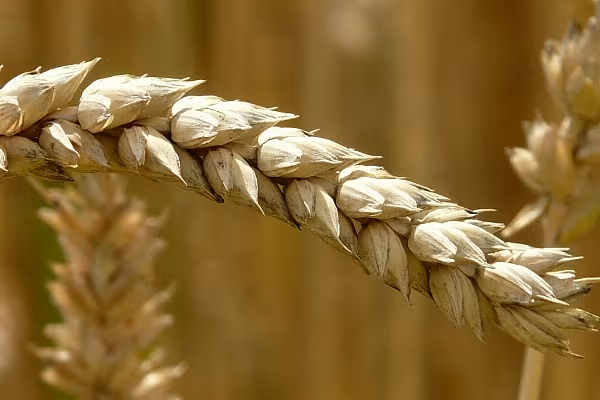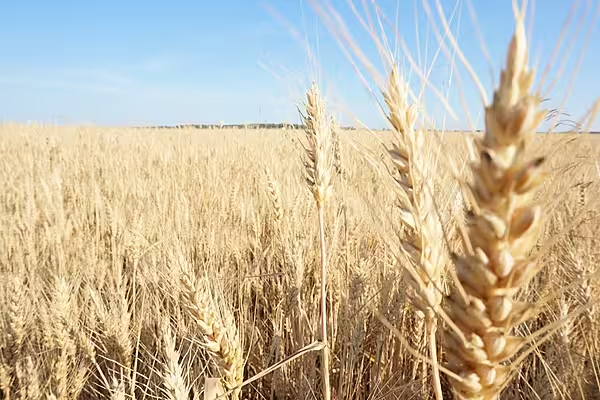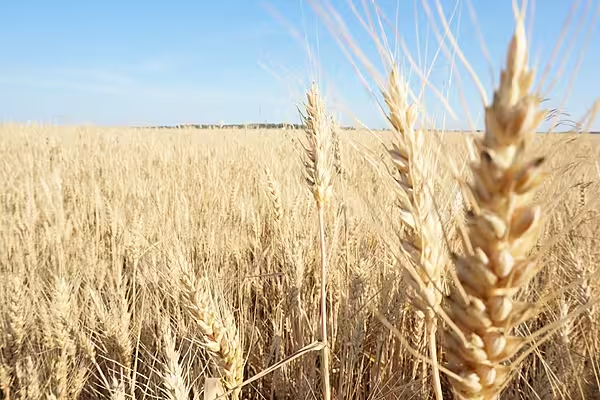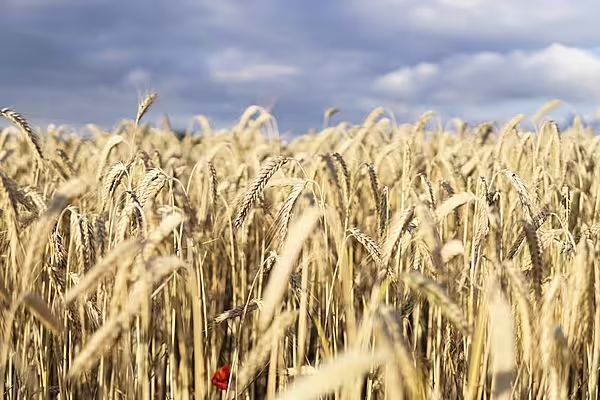Russia, one of the world's largest wheat exporters, will have 50 million tonnes of grain available for export in the new July-June marketing season, up from more than 37 million tonnes in the current season, its agriculture minister said.
Russia competes with the European Union and Ukraine to supply wheat to the Middle East and Africa. It continues to export despite difficulties with logistics and payments caused by Western sanctions on Moscow over what Russia terms its 'special military operation' in Ukraine.
Russia is expected to harvest 130 million tonnes of grain in 2022, including 87 million tonnes of wheat, President Vladimir Putin said earlier in May.
Exceed Expectations
"The 2022 grain harvest may substantially exceed last year's level and reach the amount mentioned by the president in his speech, and approach, in fact, the maximum (level)," Dmitry Patrushev told a grain conference on Friday.
Russia produced a record grain crop 133.5 million tonnes in 2020, including 85.9 million tonnes of wheat. The crop was smaller in 2021.
Patrushev said Russia has exported more than 35 million tonnes of grain, including 28.5 million tonnes of wheat, this season.
He did not give an estimate for wheat exports in the new season.
Take Control Of Firms
Russia is advancing a new law allowing it to take control of the local businesses of Western companies that decide to leave. Foreign firms including Starbucks and McDonald's left the market after Moscow sent thousands of troops to Ukraine on February 24.
However, some global grain traders such as Viterra continue working in Russia.
When asked by Viterra about Moscow's stance on foreign companies, which still operate in Russia's grain sector, Patrushev said Moscow wants them to stay and will support them.
Exports of grain and other commodities from Russia continue amid a lack of vessels as many owners of large ships stopped working with the market amid Western sanctions.
Patrushev said that his ministry was in talks with the state United Shipbuilding Corporation about construction of vessels for grain exports to address the shortage.
News by Reuters, edited by ESM. For more Supply Chain News, click here. Click subscribe to sign up to ESM: European Supermarket Magazine.














